Faith Life & Learning and Teaching News
Curriculum Updates in English, Mathematics, Faith, Discovery & Inquiry

Faith Life & Learning and Teaching News
Curriculum Updates in English, Mathematics, Faith, Discovery & Inquiry
LEARNING SHOWCASE
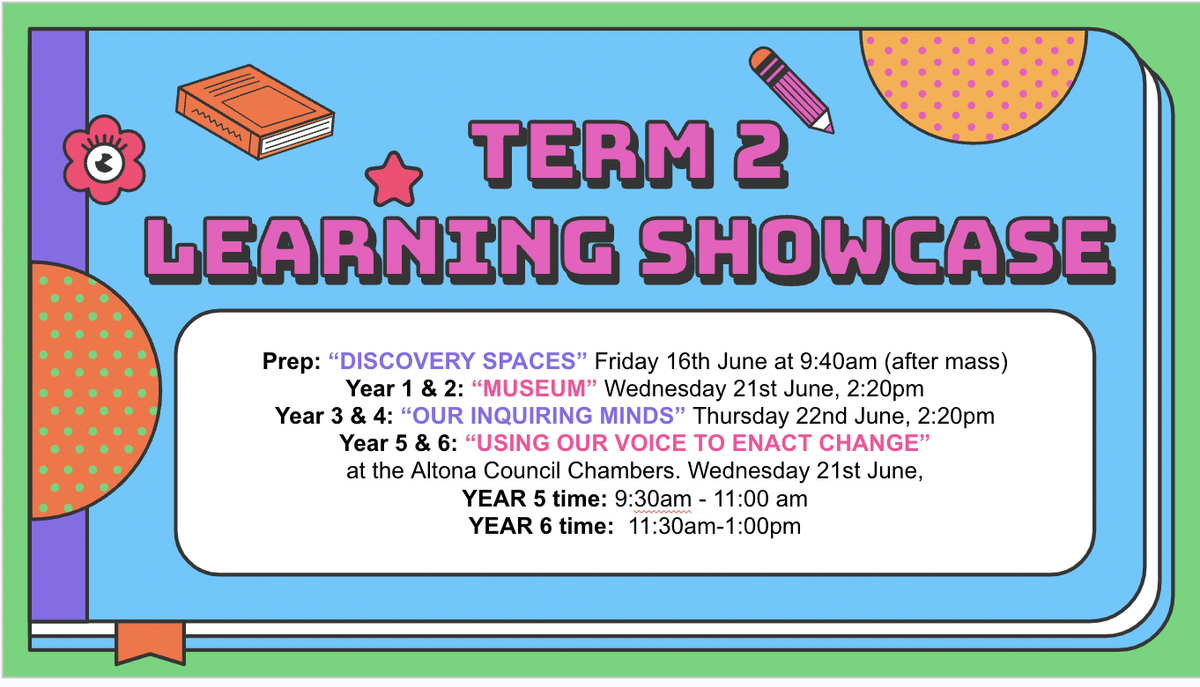

SACRED HEART FEAST DAY

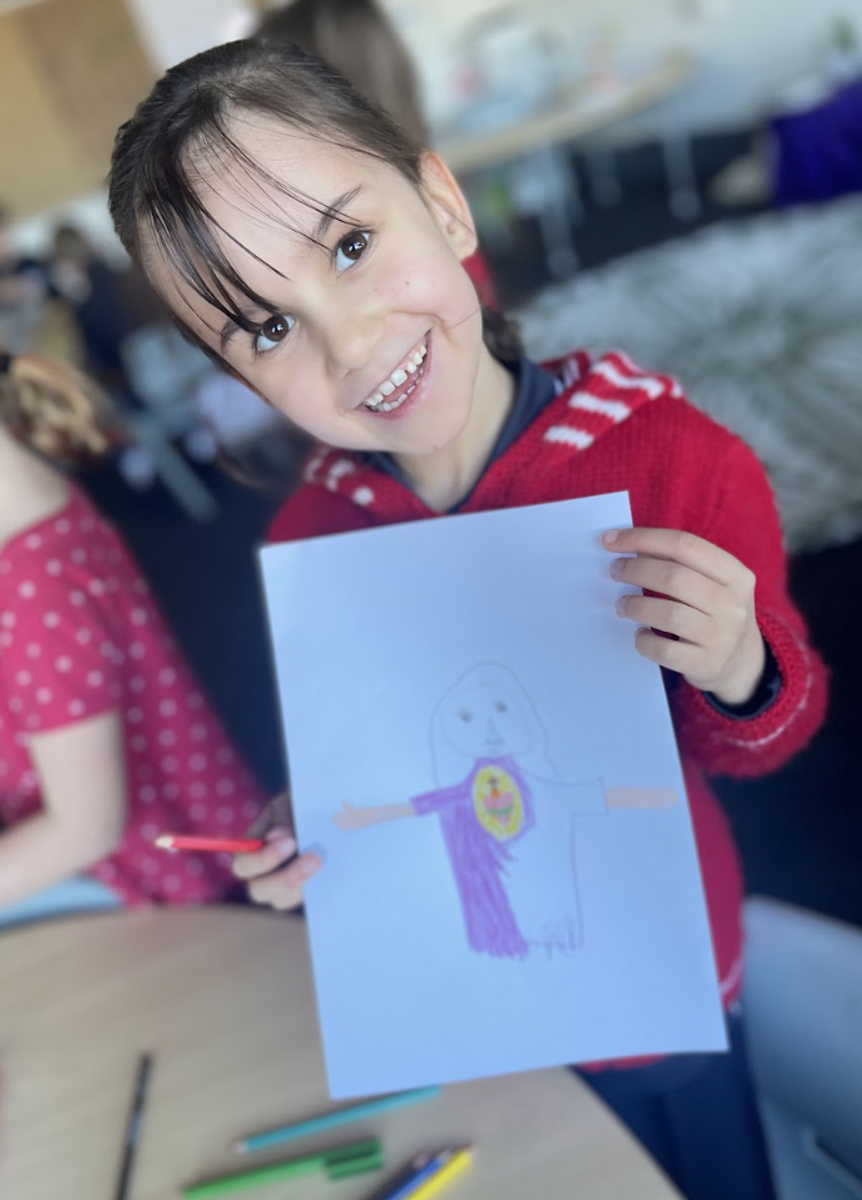



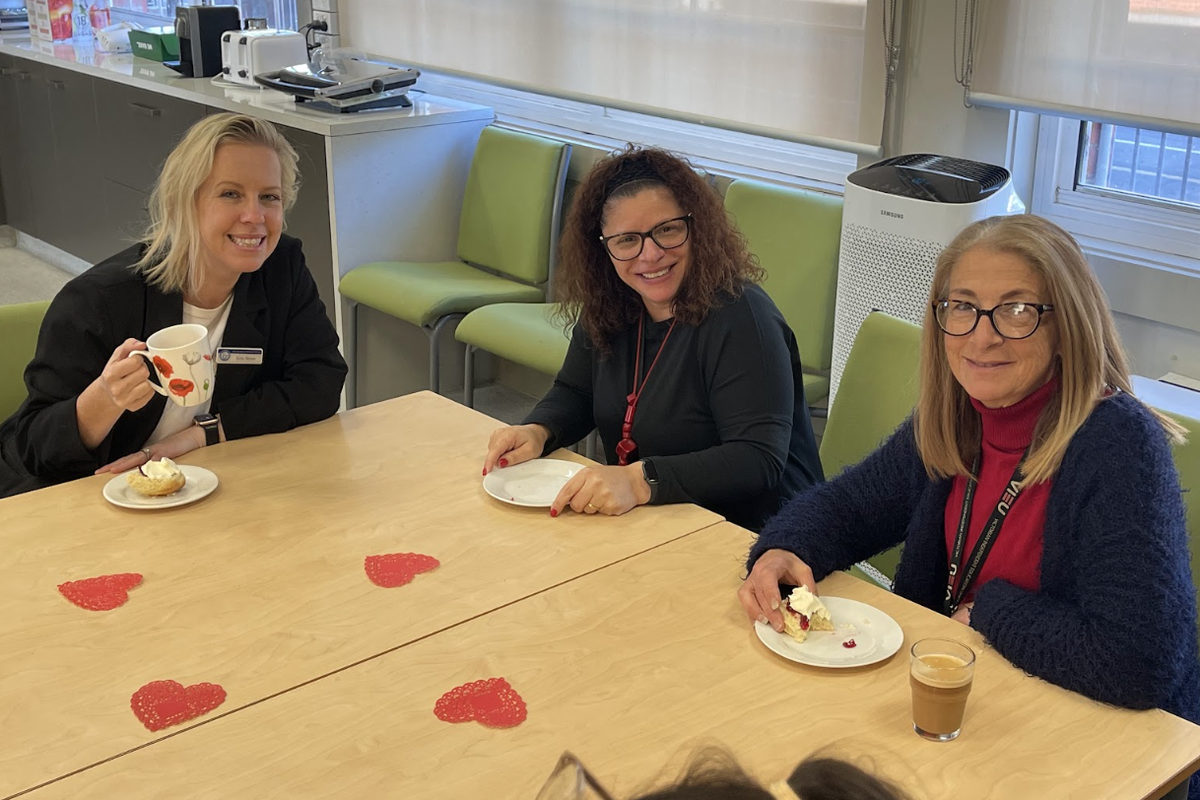

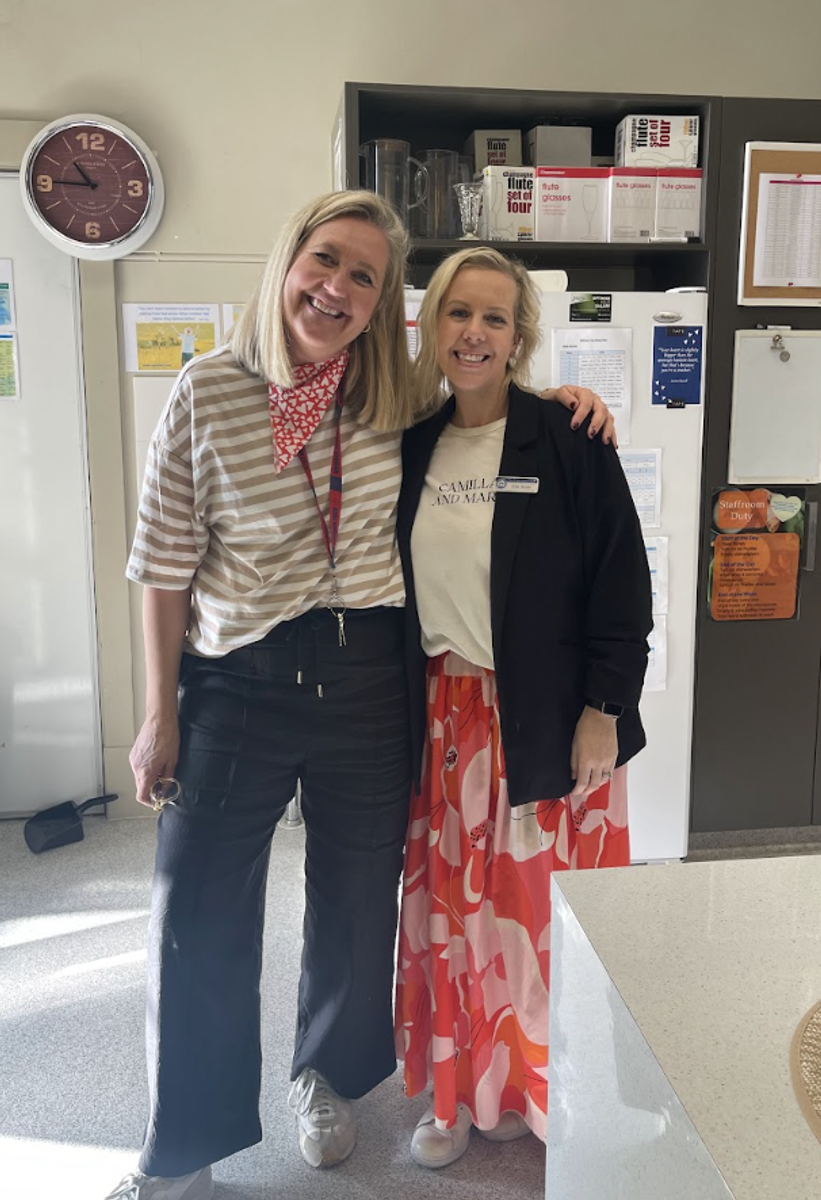
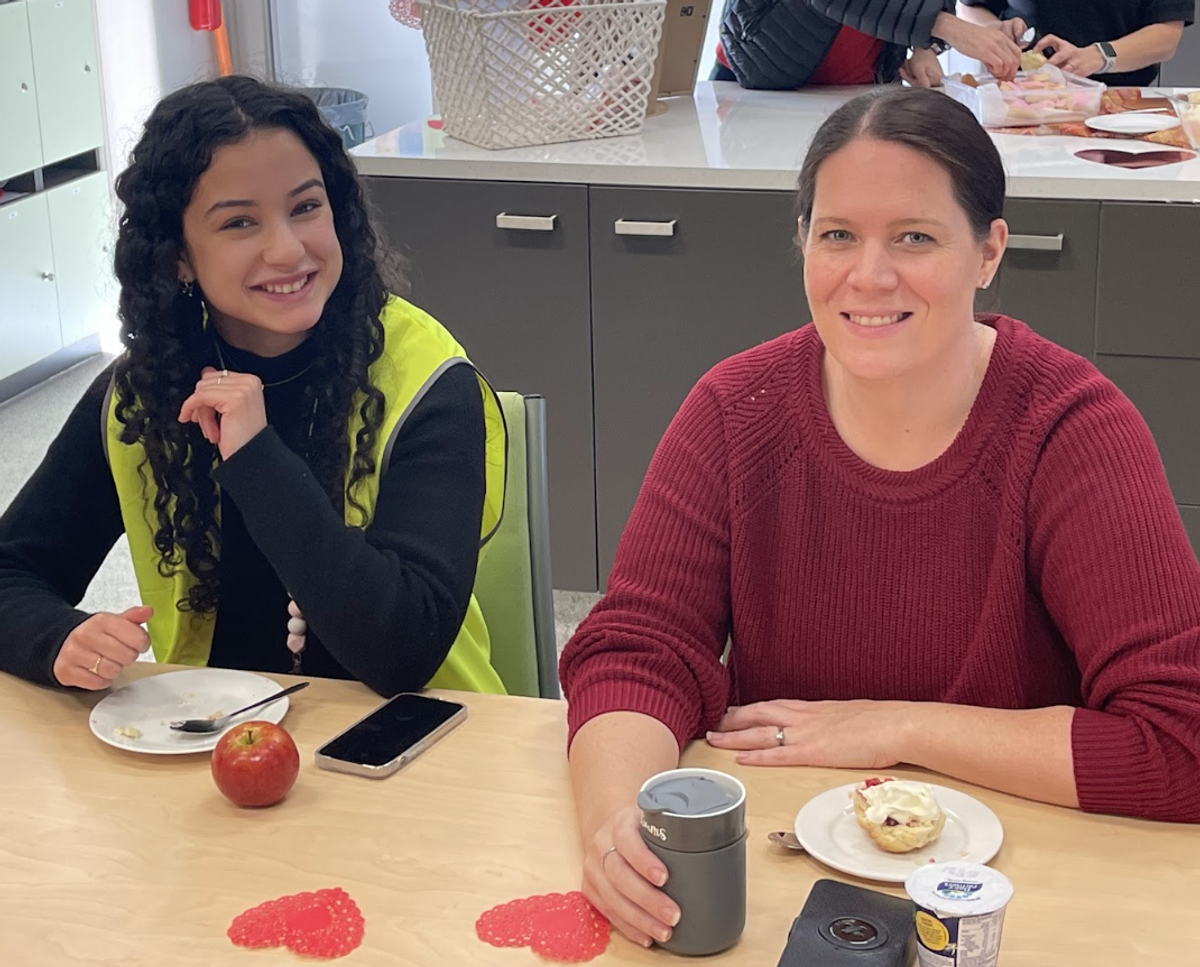
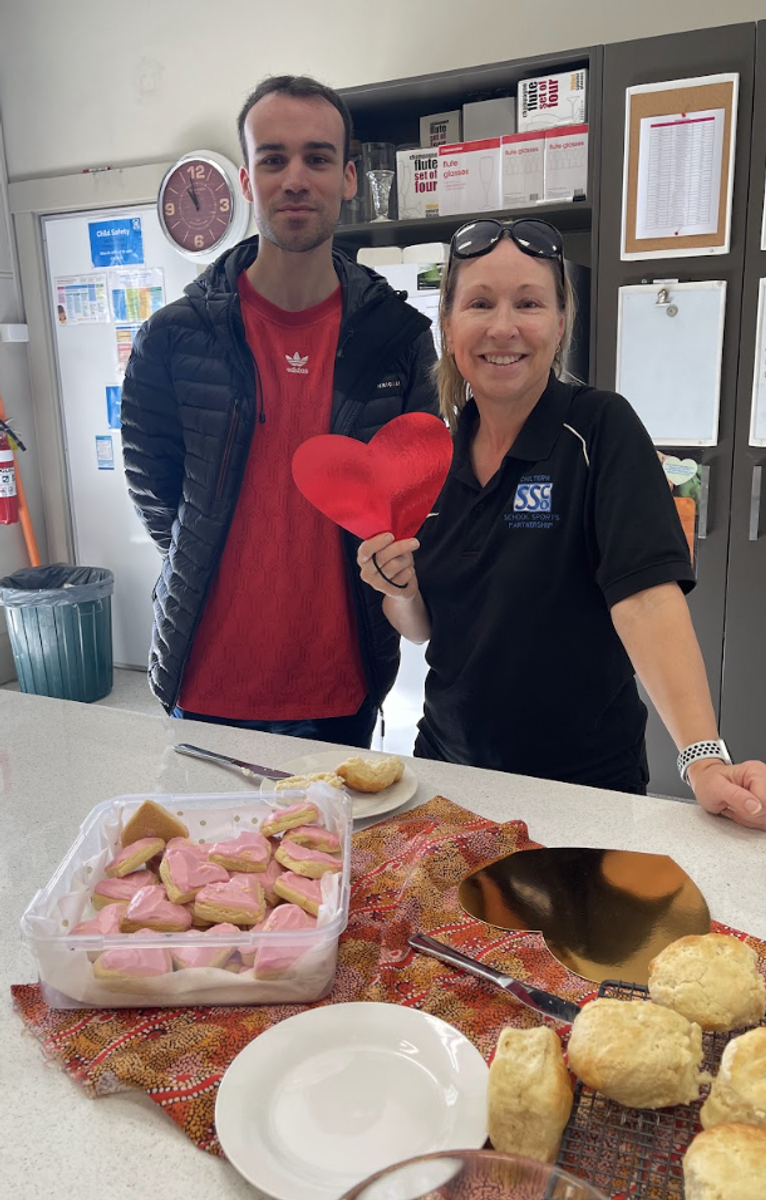










Today we celebrated Feast of the Sacred Heart. This is the Feast of The Most Sacred Heart of Jesus. We remember divine love and compassion of the heart of Jesus towards all humanity. Our Parish and School, which were developed in the late 19th Century, are dedicated in the praise and honour of the Sacred Heart of Jesus. This was a wonderful day with a Paraliturgy led by students from all year levels.
Our Catholic Story & Identity
"Sacred Heart of Jesus"
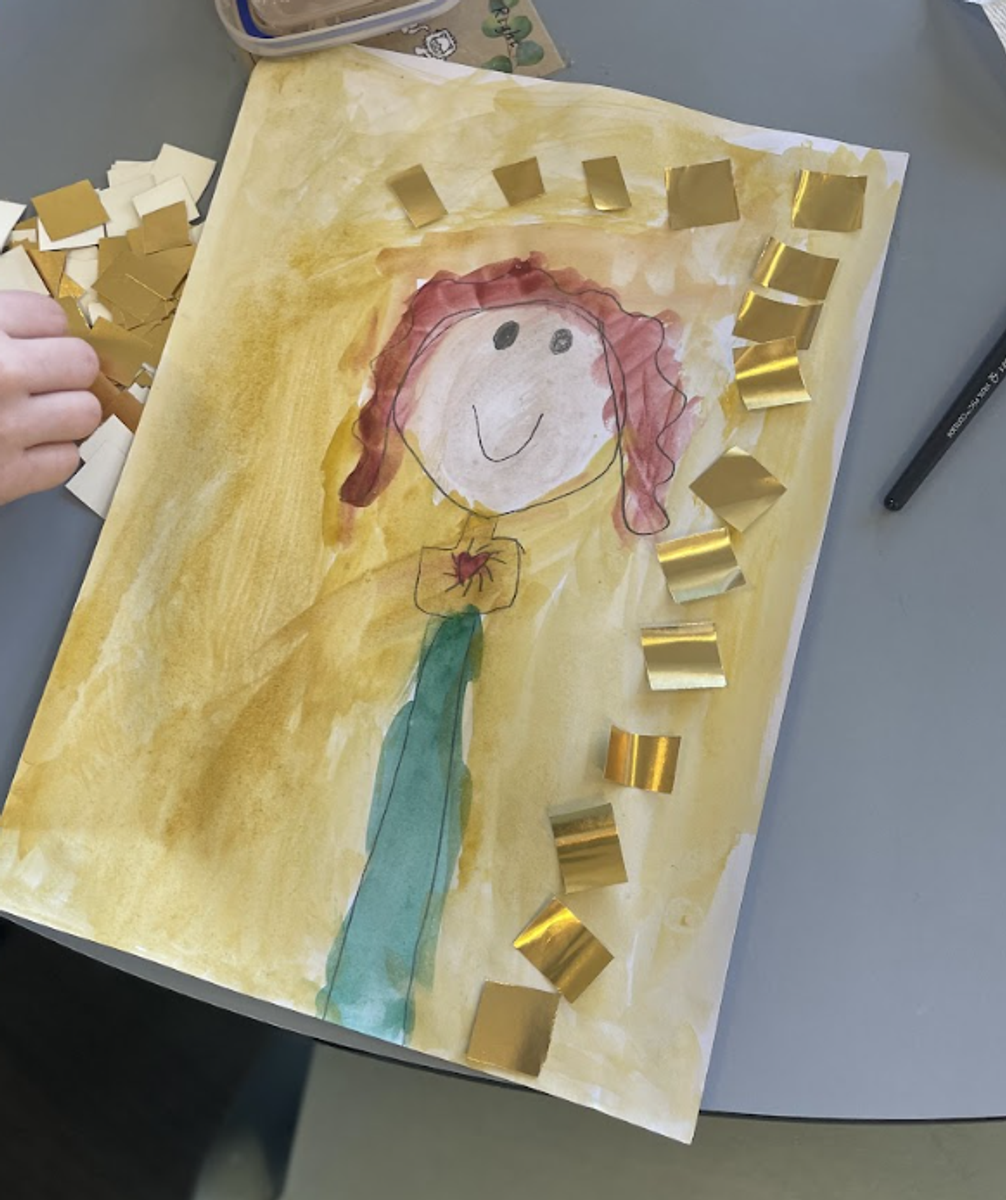
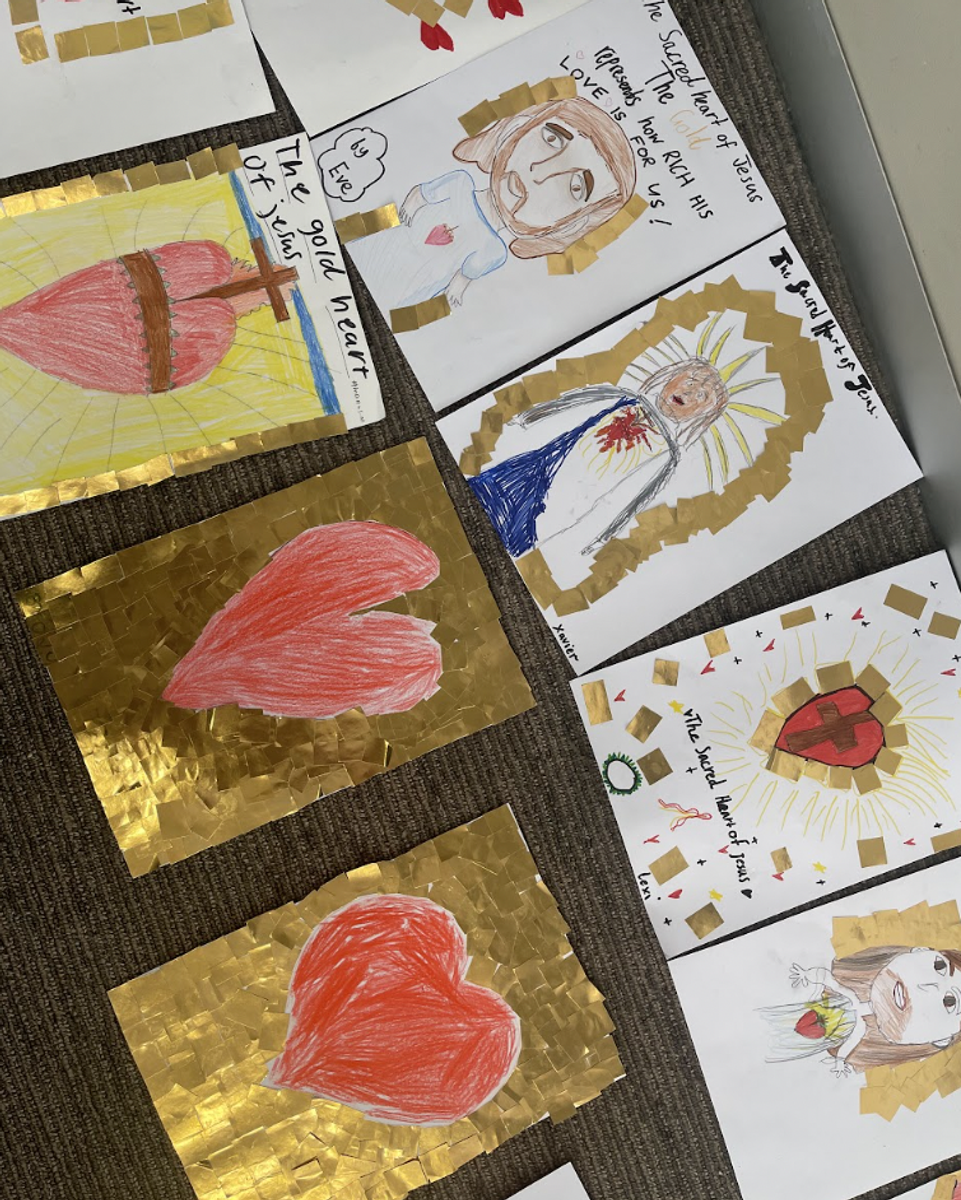
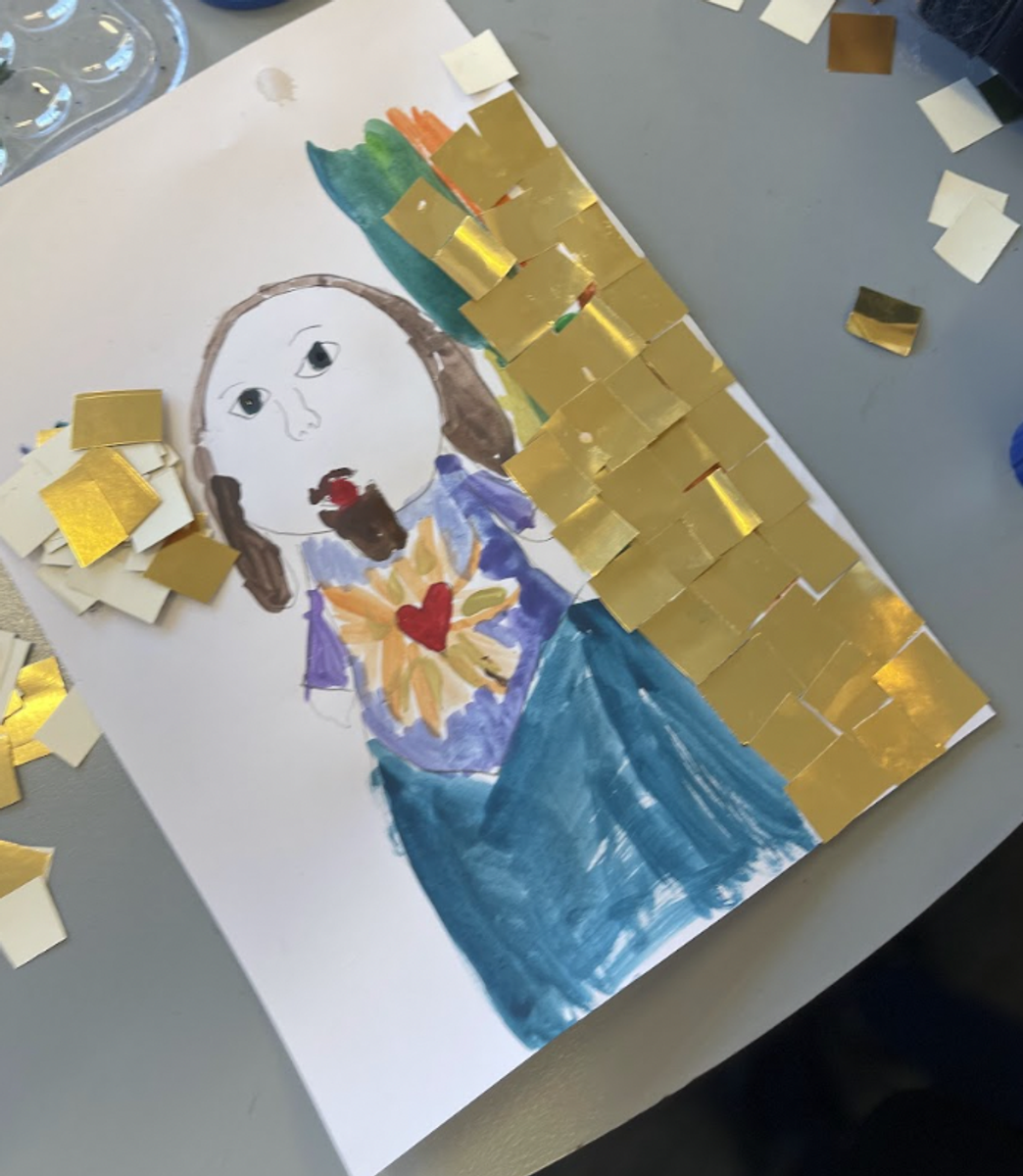
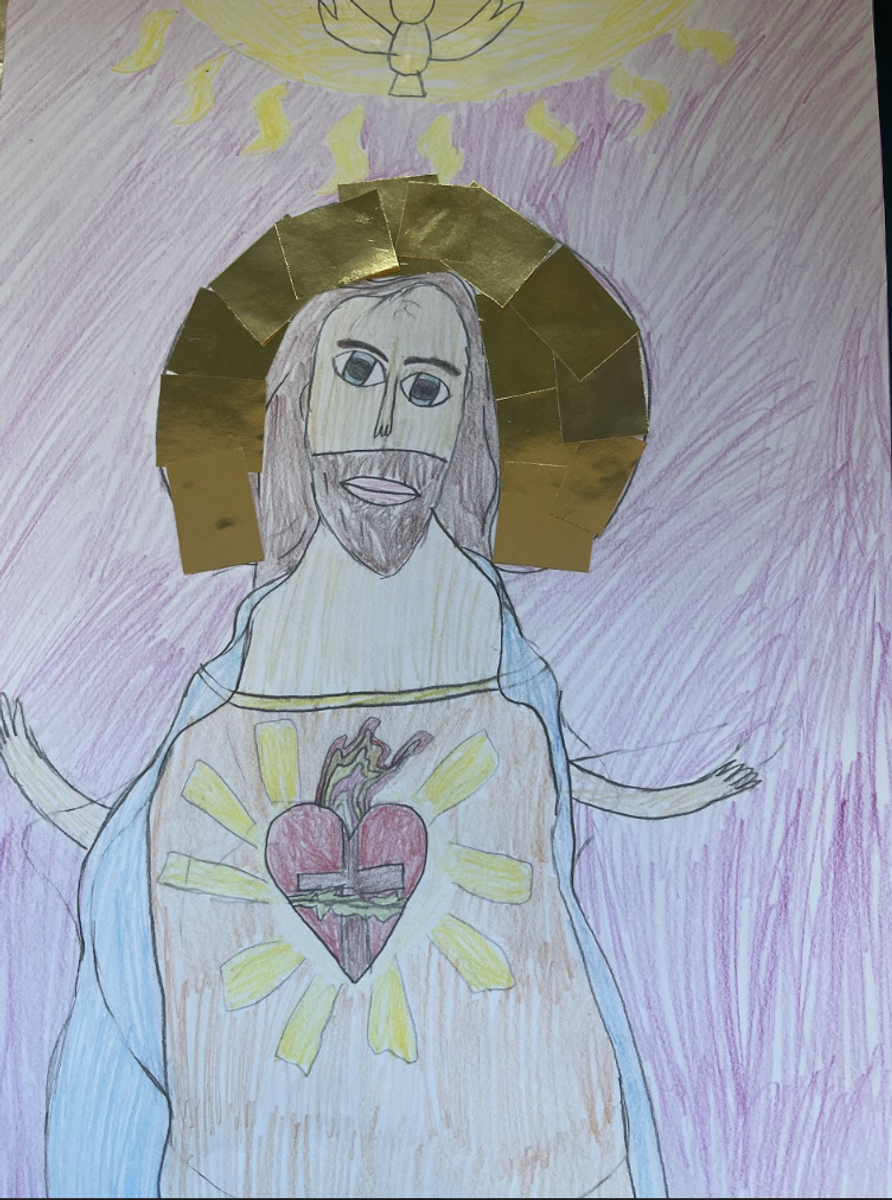
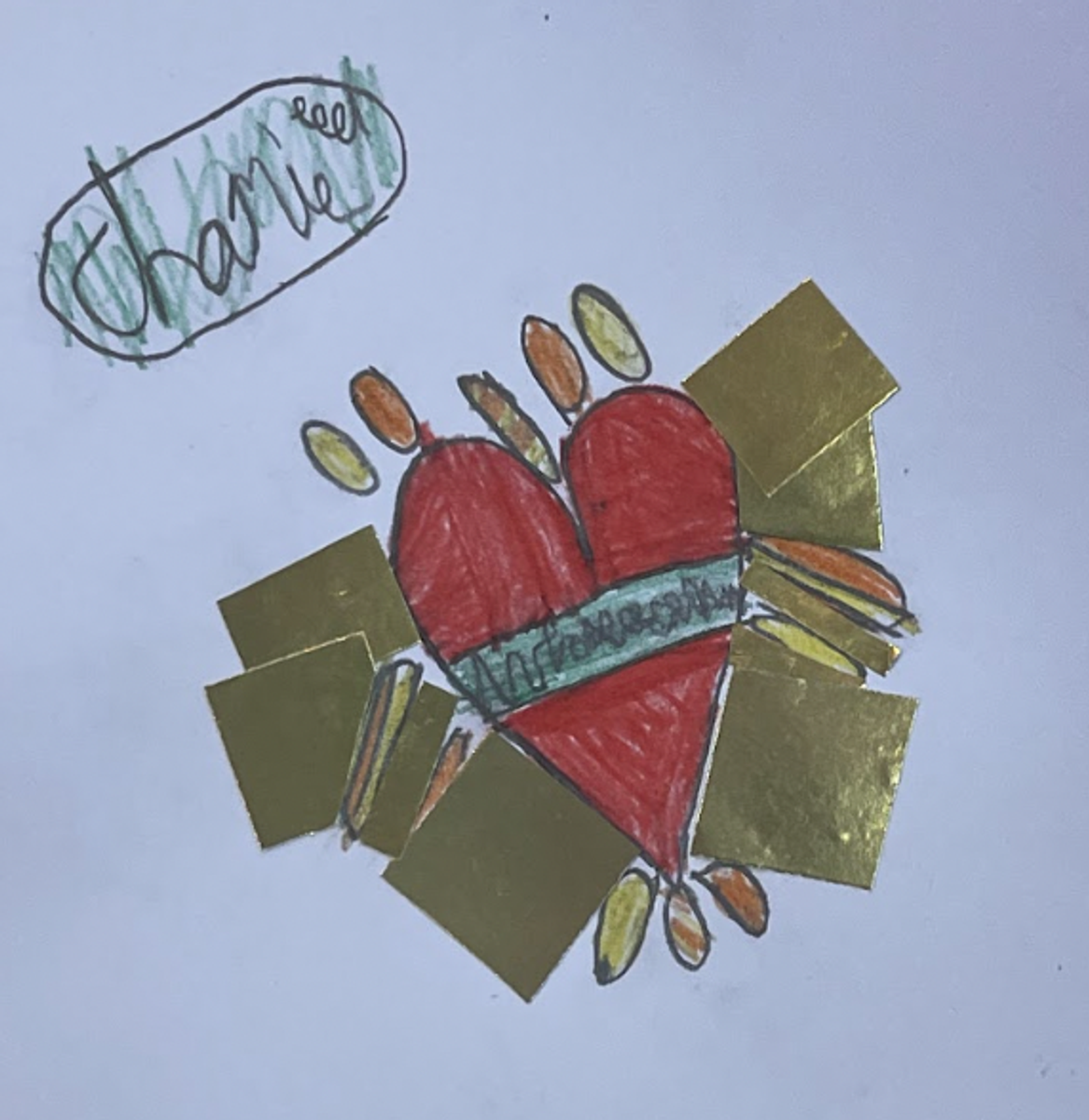
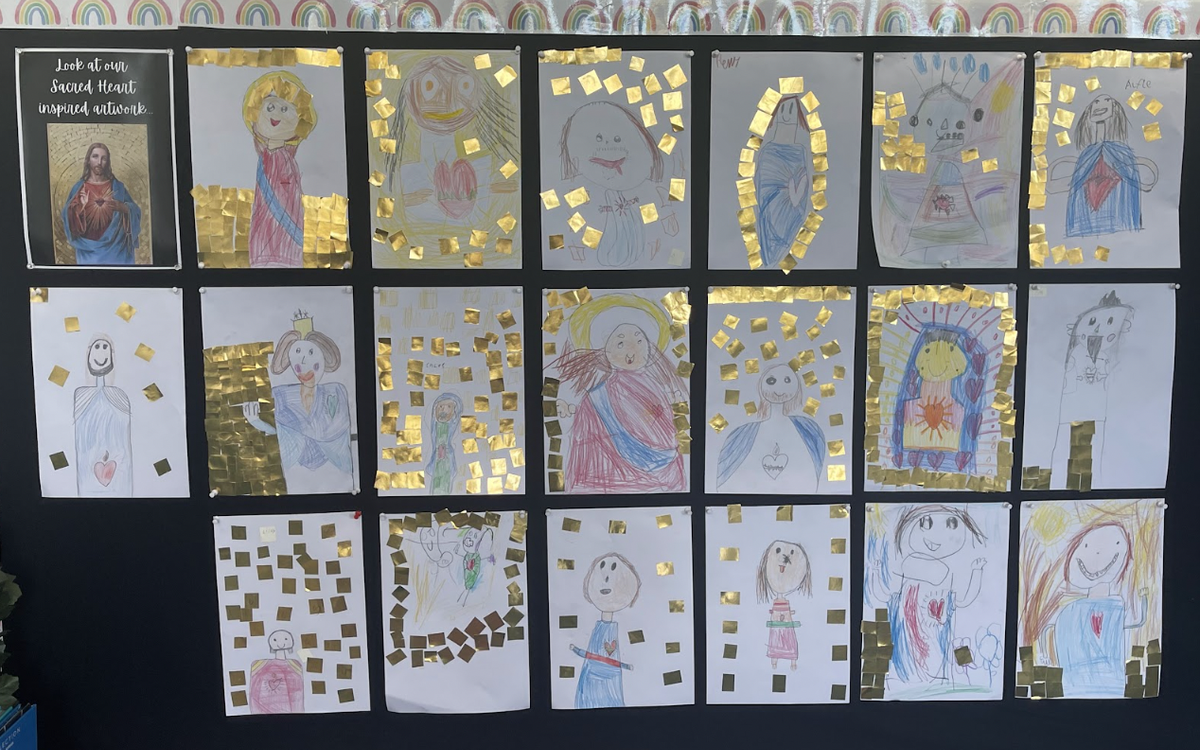
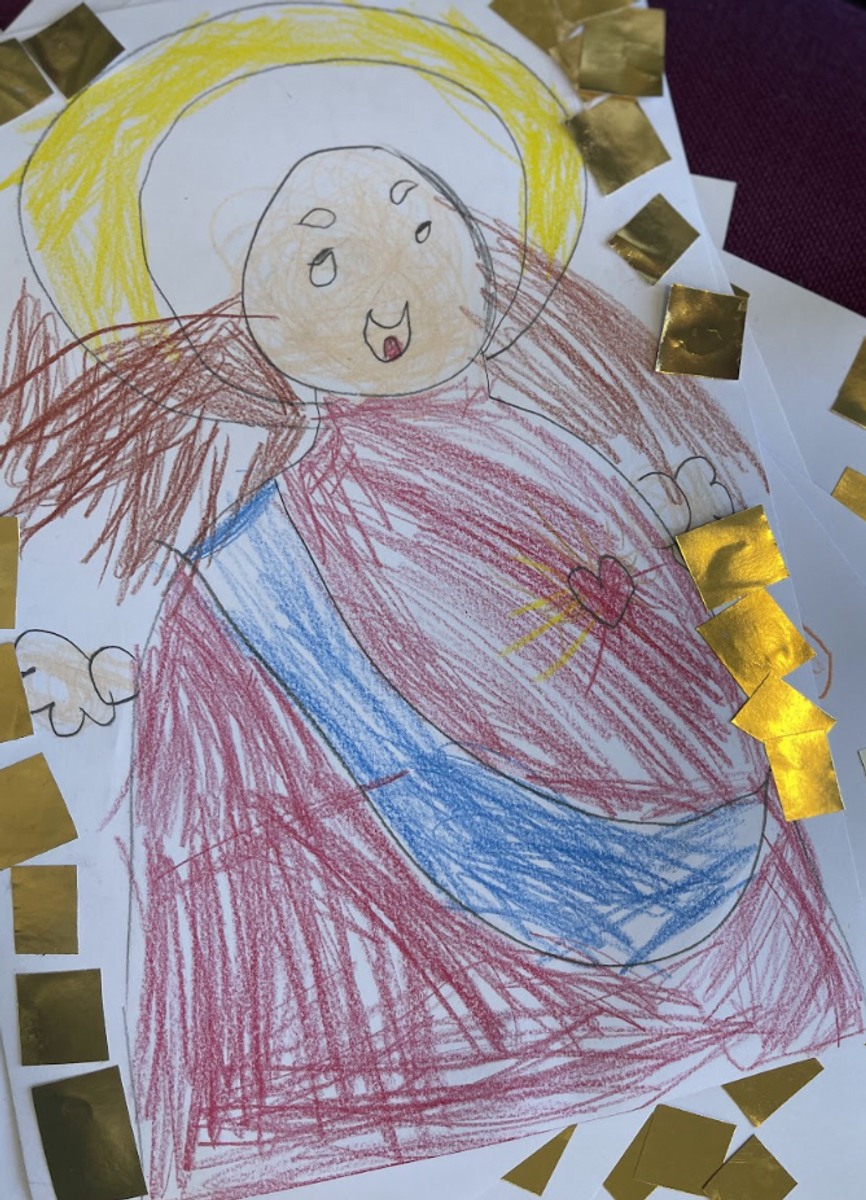
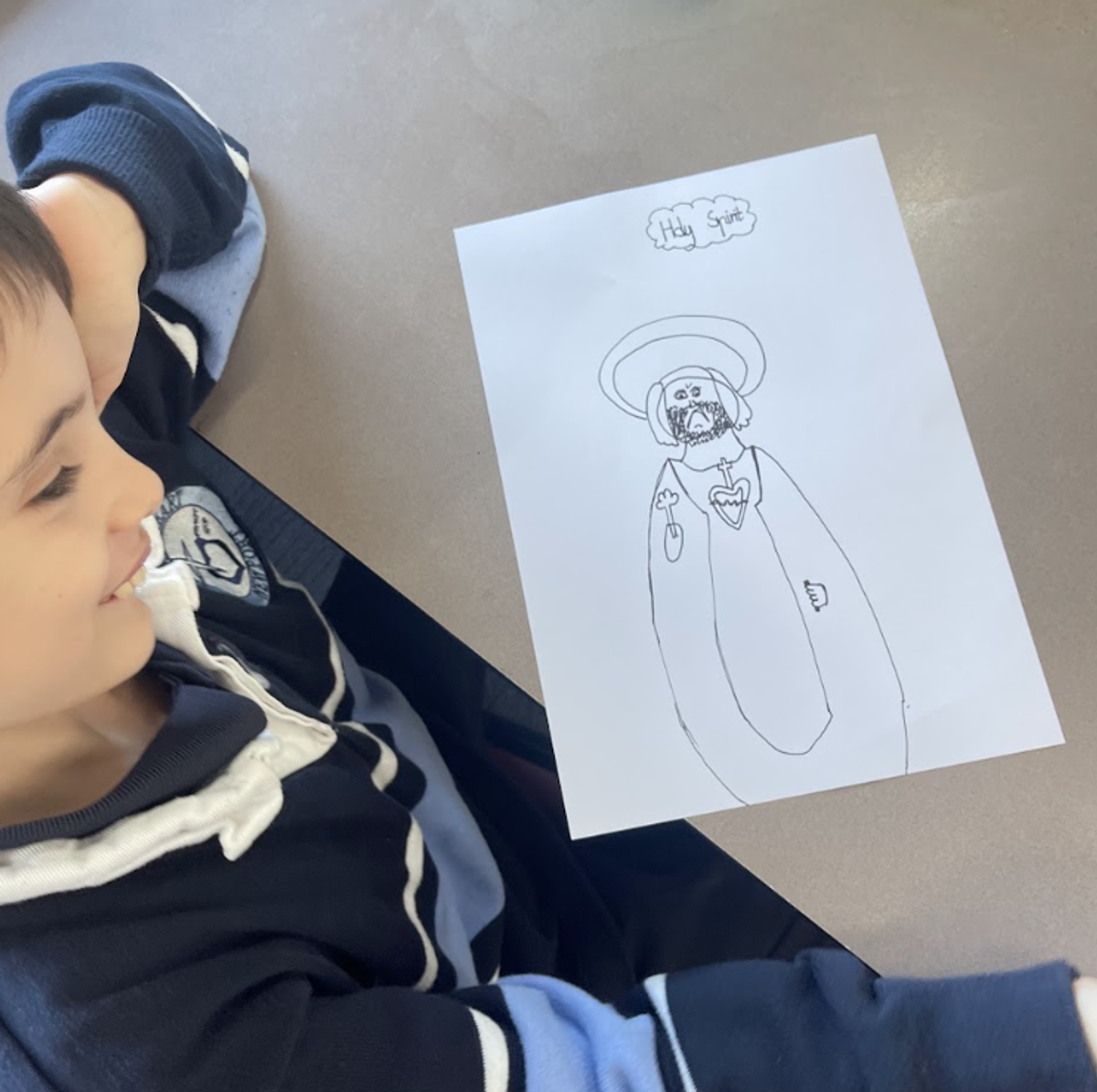
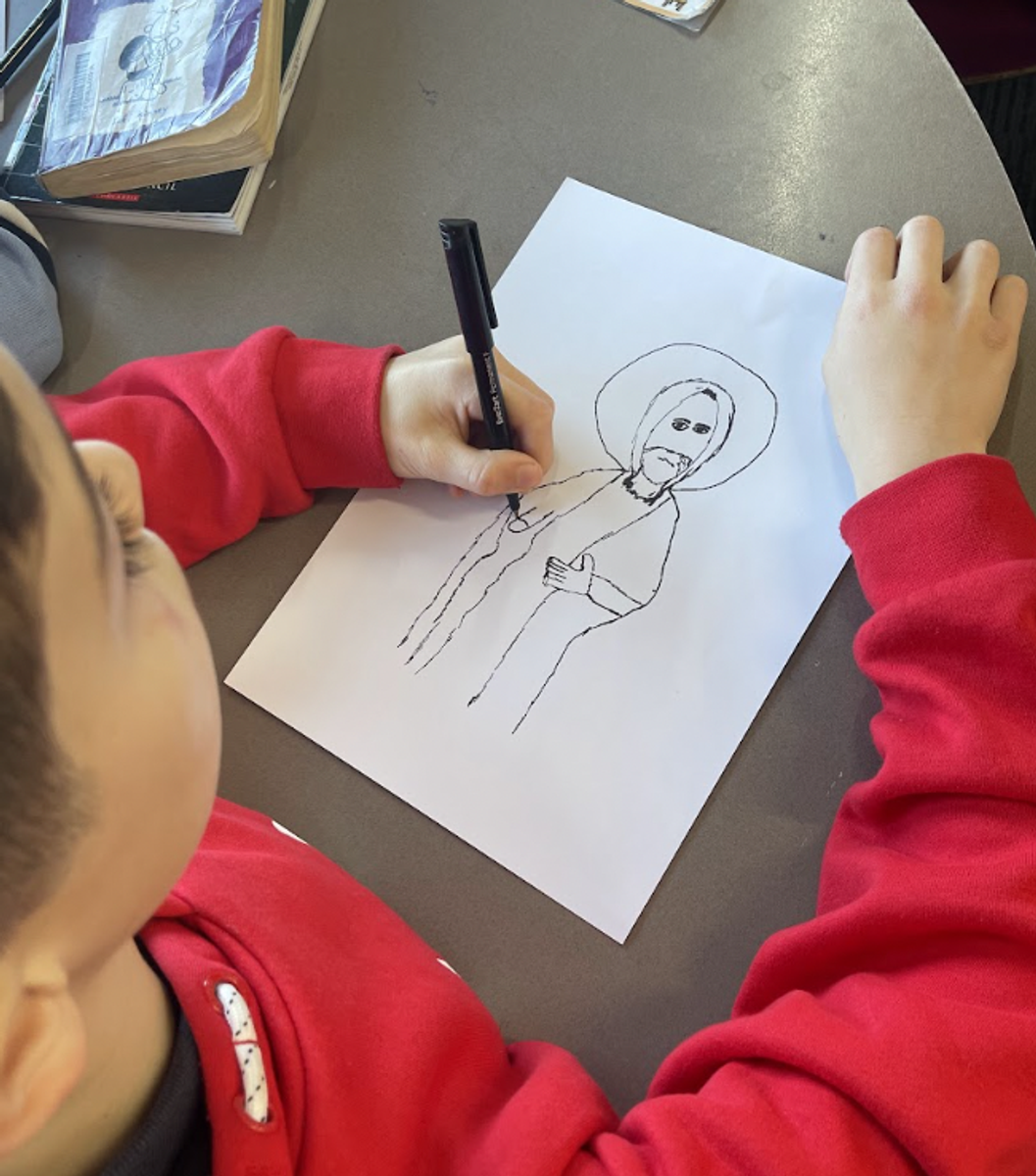









The name of our school, Sacred Heart Primary School, means that Jesus Christ is central to our identity as a Catholic school. The first feast of the Sacred Heart was celebrated on August 31, 1670, in Rennes, France. From Rennes, the devotion spread, but it took the visions of St. Margaret Mary Alacoque (1647-1690) for the devotion to become universal.
In all of these visions, in which Jesus appeared to St. Margaret Mary, the Sacred Heart of Jesus played a central role.
The “great apparition,” which took place on June 16, 1675, during the octave of the Feast of Corpus Christi, is the source of the modern Feast of the Sacred Heart. In that vision, Christ asked St. Margaret Mary to request that the Feast of the Sacred Heart be celebrated on the Friday after the eighth day of the Feast of Corpus Christi, in reparation for the ingratitude of men for the sacrifice that Christ had made for them.
The Sacred Heart of Jesus represents not simply His physical heart but His love for all mankind.
YEAR 4 SACRAMENT OF THE EUCHARIST


The Sacrament of the Eucharist is commonly referred to as Holy Communion, or Communion. The Eucharist is one of the three Sacraments of Initiation into full membership of the Catholic Church, the other two sacraments being Baptism and Confirmation. We celebrate the Eucharist whenever we attend Mass.
As Catholics, we believe the Eucharist is the most powerful way to encounter the real presence of Jesus Christ. During Mass, we remember what Jesus did for us in his life, death and resurrection and recall the Last Supper – the final meal Jesus shared with his disciples. Then, through our prayers to the Holy Spirit, the bread and wine we place on the altar are transformed into the Body and Blood of Christ. When we receive Communion, we believe that we receive the person of Jesus into our very beings.
Receiving Communion at Mass calls us into unity and fellowship with each other, to live what we receive and believe, and to show that Christ is present in our world through all that we do and say. As such, the Sacrament of the Eucharist lies at the heart of our faith.
Children preparing to receive the Sacrament of the Eucharist for the first time are in Year 4 at Sacred Heart. These children will have prepared for and received the Sacrament of Reconciliation in the previous year (Year 3).
Children will participate in in the classroom program and a reflection day at Mary MacKillop Centre. Families will be invited to attend our Faith Formation evening before the sacrament. We see our role as one of working in partnership with the family and the parish community to support the growth and development of the child.
The Sacrament of the Eucharist in 2023 will take place during Mass at the Sacred Heart Church on the following days:
Sunday 20th August, 10am
Sunday 27th August, 10am
Sunday 3rd September, 10am
Please use the following link to register your child:
Booking Link: https://www.schoolinterviews.com.au
Event code: g4vnj
Cath Palmer
Learning and Teaching Leader
Faith Life Leader
cpalmer@shnewport.catholic.edu.au
Student Reporting & Assessment - Mathematics
Receiving your child's school report provides insights into their academic progress and overall development. At Sacred Heart your child's growth in Mathematics is measured through teacher judgement and online testing platforms such as Essential Assessment. Teachers often complete pre assessment to inform teaching and learning so that they can identify and target student needs. Post assessment provide teachers with an indication of student growth and levels of achievement. Student growth refers to the progress and development of a student over a specific period of time. It is an important aspect of education as it allows educators to assess how well a student is progressing and whether they are meeting their learning goals.
Here is some advice on how to approach and make the most of the information in your child's school report:
Successful collaboration with school provides the best opportunities for continued growth and improvement for your child. Please contact me if you would like assistance in supporting your child with mathematics.
Have a good weekend.
Kim Dalmau
Mathematics Leader
kdalmau@shnewport.catholic.edu.au
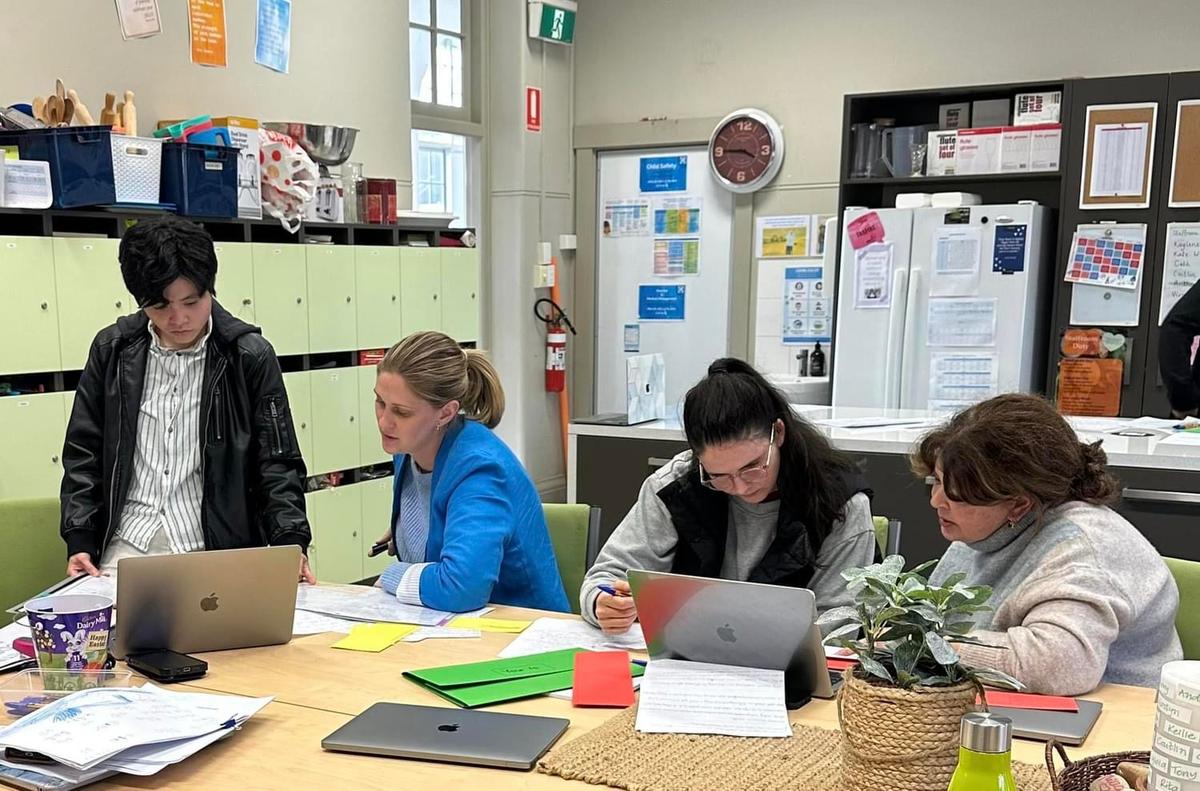
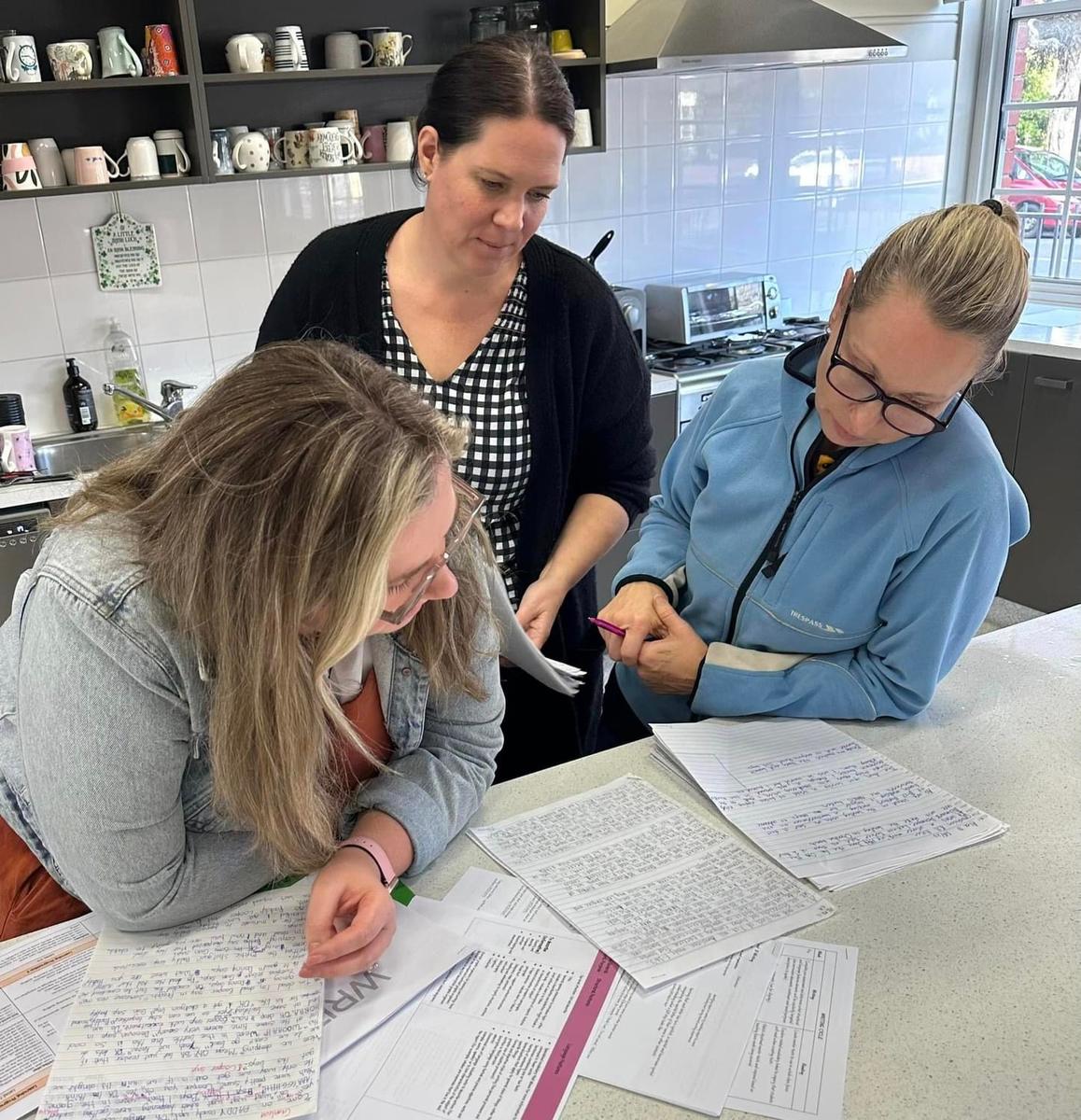
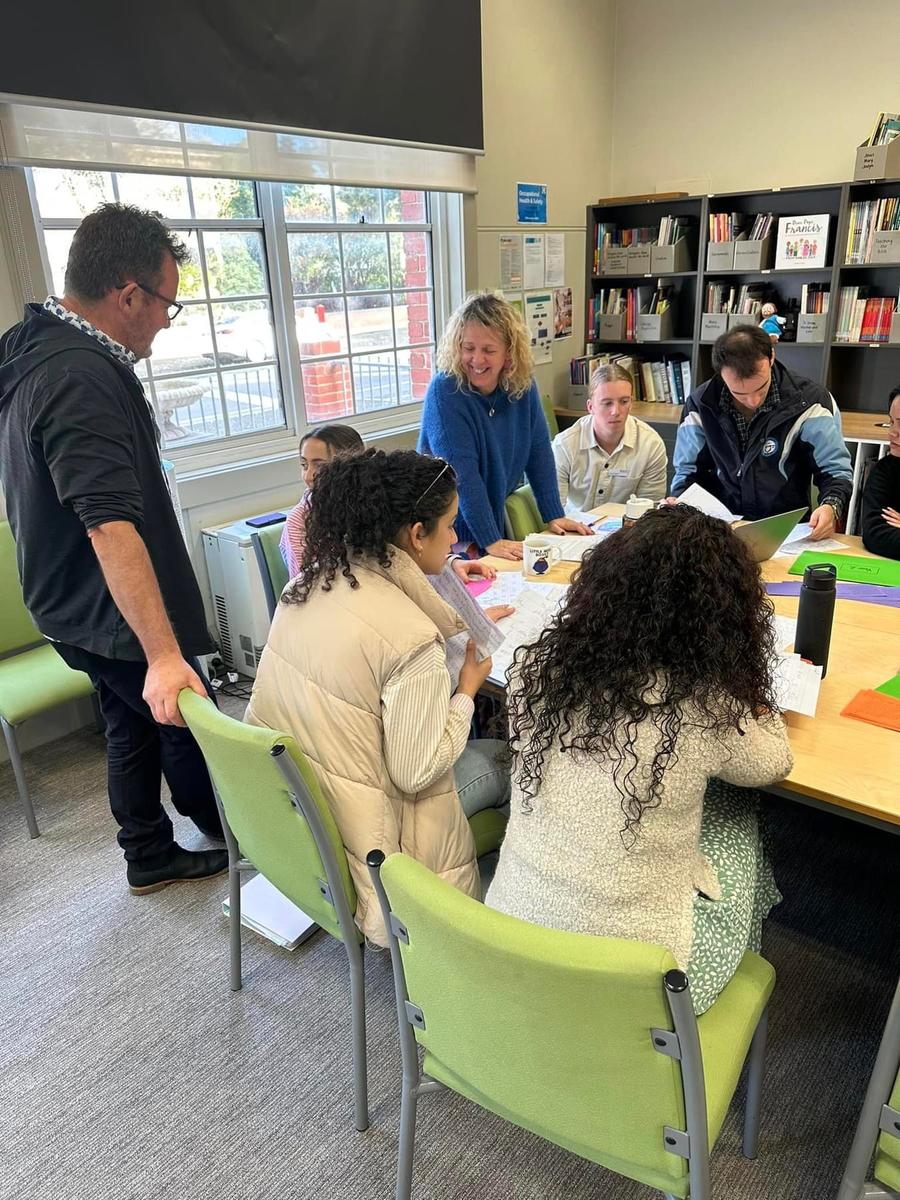



Over the past few weeks, teachers have been collaborating to make judgements about students' writing capabilities in order to make informed decisions about where students are currently working, and to also identify the next steps for their learning.
This collaborative process focuses on analysing student's writing against the standards of the Victorian curriculum as well as other student's writing samples. It is an important part of our practice at Sacred Heart and the rigorous discussions that unfold create clear direction and explicit teaching focus.
One direction that we will be targeting is developing student's capabilities with sentence level skills. Some areas we will be explicitly targeting across levels where appropriate involve:
Developing these strategies will equip students with more confidence and skills base to engage with their writing and to express themselves with more clarity and cohesion. We look forward to sharing the results next term.
Sue Burke
English Leader